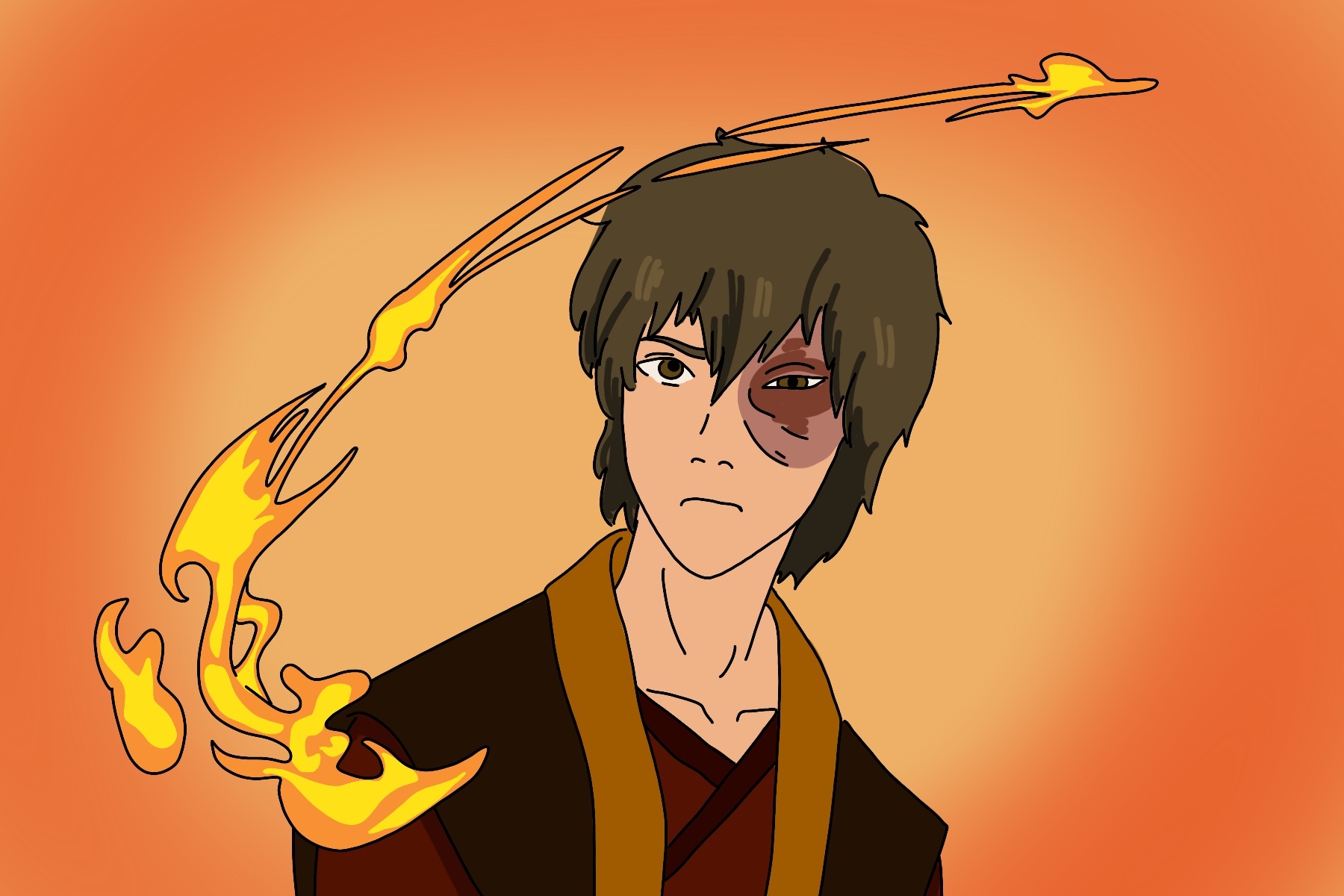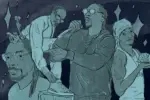The redemption arc is a trope as old as storytelling itself, one that can be traced back as far as Heracles undergoing 12 labors to atone for killing his family. Everybody likes to cheer for a character who realizes their mistakes and sets out to atone for them. Still, most stories fail to reach the full potential a good redemption arc can offer, often rushing them or failing to have a character truly repent. “Avatar: The Last Airbender” was a show ahead of its time in how it sidestepped these failings and proved just how great a redemption story can really be. Zuko isn’t just a fan favorite, but one of the most well-realized characters in the history of television.
“Avatar: The Last Airbender” takes place in a world where people are split into four nations based on their ability to control the classical elements: air, water, earth, and fire. Only the constantly reincarnating Avatar can master all four and bring balance to the world. Naturally, when the Fire Nation launched their tyrannical assault on the rest of the world, they wiped out the Air Nomads and attempted to kill the current Avatar, Aang, before he could train. Aang instead accidentally froze himself in an iceberg, and when he awoke a hundred years later, he finds himself in a world ravaged by war where his people have gone extinct.
Throughout his journey to end the war and bring balance to the world, Aang is assailed by the Fire Nation’s exiled prince, Zuko. After speaking out of turn and being scarred by his own abusive father, the Fire Nation’s ruler, Zuko was sent into exile until he could capture the Avatar, who was thought to be dead for good. He is accompanied by his tea-loving, wise Uncle Iroh, and will stop at nothing to bring the Avatar back to his home in chains and regain his lost honor.
Though Zuko is unambiguously a villain in the first season of “Avatar,” he manages to garner sympathy and show that there’s good underneath his rocky exterior. He goes out of his way to save his crew from harm, even if he’s cold toward them at times. He rescues Aang from the clutches of a Fire Nation general, Zhao, though he’s selfishly motivated by his desire to turn Aang in himself. Despite the fact that he and Zhao are enemies, he attempts to save Zhao from imminent death in the season finale. Finally, his tragic backstory, scarred and banished by his own father, is sure to garner sympathy once revealed.
The good inside of Zuko manifests itself further in Season 2, where he and Iroh are made fugitives and seek refuge in the Earth Kingdom. Though Zuko is initially indifferent to the plight of the people he meets, he ends up realizing how much destruction and sadness his country has wrought. Iroh subtly nudges him toward the path of good, but the arrival of Zuko’s sister, Azula, threatens to pull him back toward evil. The season finale, “The Crossroads of Destiny,” has Zuko at these metaphorical crossroads — betray his uncle and return to the Fire Nation, or embrace his inner good and help the Avatar?
While the stage has been set perfectly for Zuko’s turn to good, the writers smartly hold off by having Zuko stay on the Fire Nation’s side. The first half of the third season sees Zuko returned to his nation, restored as the prince, and finally earning back his honor and his father’s love. These things don’t make him happy like he thought they would, though. Instead, he only feels more conflicted; he betrayed his uncle, the only person who ever loved him unconditionally, so he could continue waging a war he now knows is unjust.
By giving Zuko everything he thought he wanted and having him reject it when he realizes how much he hates it, his final decision to switch to the Avatar’s side is made all the sweeter. Audiences cheered during “The Day of Black Sun” when Zuko confronted his father and announced his intentions to side with the Avatar and teach him how to control fire. The final stretch of “Avatar” sees Zuko trying to redeem himself by aiding the Avatar and his friends in their quest.
Rather than atoning with one big gesture or final act, as these arcs tend to resolve, Zuko instead spends several episodes aiding the Avatar’s friends and proving that he understands how much trouble he’s caused. They’re hesitant to trust him at first, but they quickly realize that he’s a conflicted, troubled young man marred by trauma and abuse, just like the audience already knows. They forgive him and accept him as one of their own, largely bringing his arc to a close before the final episodes.
Zuko’s arc wouldn’t be nearly as compelling, though, without the guiding hand of his Uncle Iroh. Iroh tries his best to lead Zuko down a better path throughout the show but finds himself rebuffed by his single-minded nephew. Just when it seems like he’s getting through, Zuko betrays him. Their separation, though, reinforces an important theme; while Iroh could guide Zuko, only Zuko could choose to do the right thing. Making that decision on his own is incredibly moving, showing Iroh’s impact on him while also making it clear that he didn’t force Zuko to do anything. Their tearful reunion in the finale is cited as one of the show’s biggest tearjerkers for a reason.
“Avatar: The Last Airbender” has many great elements that allow it to hold up as one of the greatest cartoons of all time, even today. Prince Zuko may be its greatest accomplishment of all, though, with his rollercoaster of a character arc keeping audiences on the edge of their seats. With Avatar Studios promising new animated movies, one of which will focus on Zuko as an adult, there’s still plenty left to do and see with the characters a decade after the show’s conclusion. For any television writer looking to make a compelling redemption arc, Zuko should be the first character they should study.

















